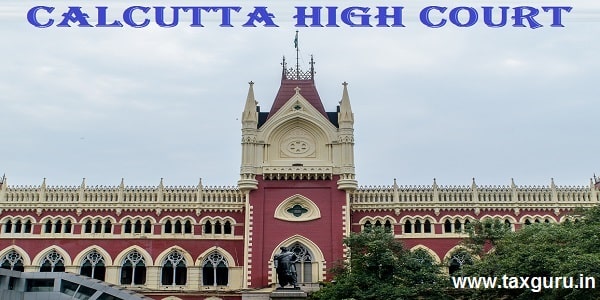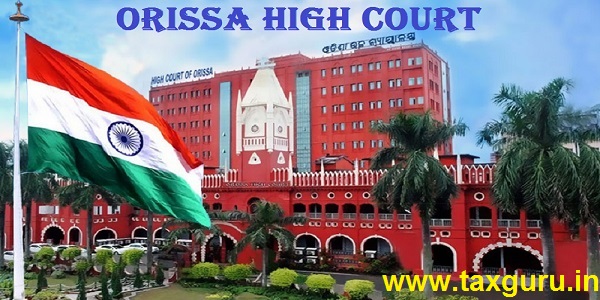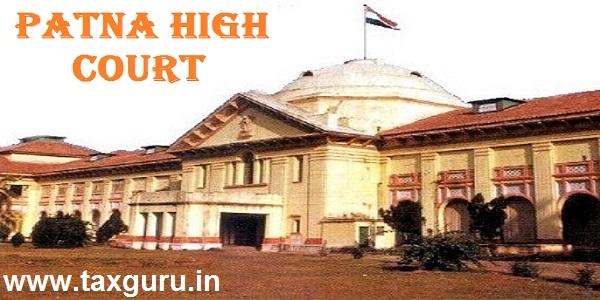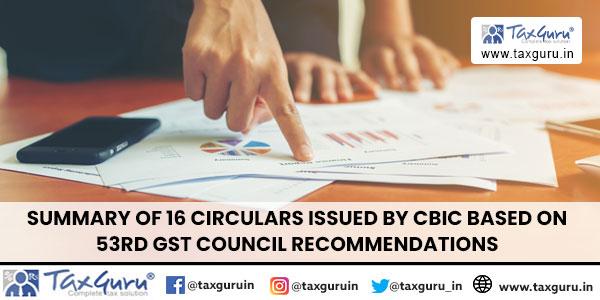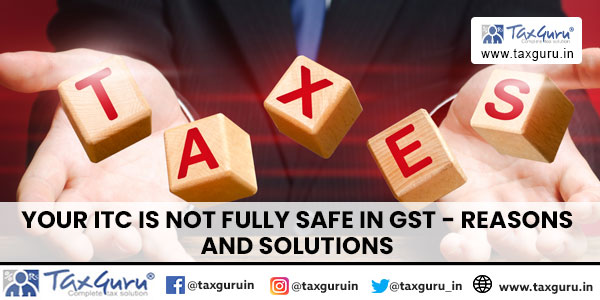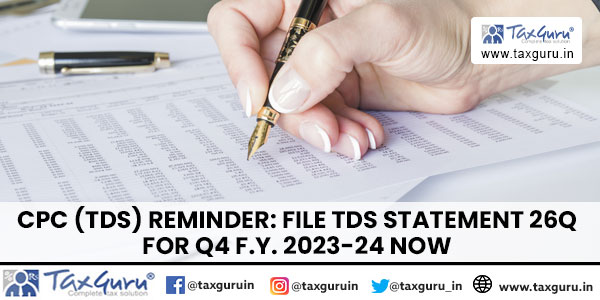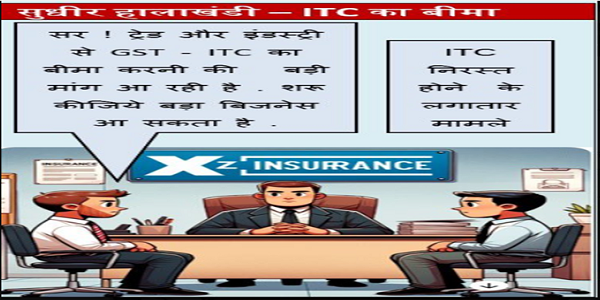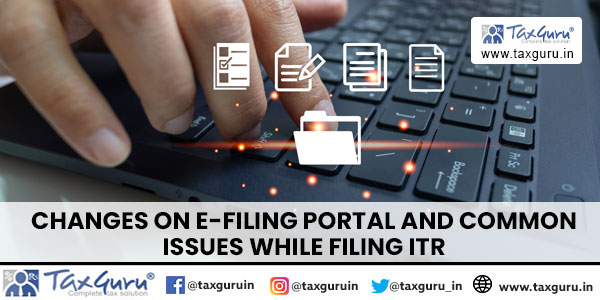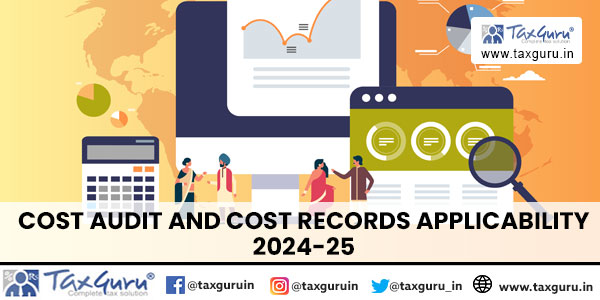Case Law Details
Indian Oil Corporation Ltd Vs Director Of Legal Metrology & Ors (Delhi High Court)
Delhi High Court held that as the appellants couldn’t be held to have been violated any provision of the Legal Metrology Act, they shouldn’t be held liable to pay a compounding fee. Compounding fee is not in nature of a tax or duty.
Facts- All the appellants had imported fuel dispensing equipment from M/s Dresser Wayne Fuel Equipment (Shanghai) Co. Ltd. and M/s Tatsuno for use at various retail outlets situate throughout the country. The units were imported without obtaining the registration as contemplated under Section 19 of the Legal Metrology Act 2009. The respondents appear to have thus taken the stand that the appellants had failed to comply with the provisions of the Legal Metrology Act and consequently drew proceedings against the appellants. In the course of those proceedings, the appellants also deposited compounding fee consequent to demands raised by the respondents.
Conclusion- Once the Single Judge had come to conclude that the appellants could not be held to have violated any provision of the Legal Metrology Act, we fail to appreciate why they should be held liable to pay a compounding fee. Regard must be had to the fact that a compounding fee is not in the nature of a tax or duty. It is essentially a deposit made by a person to avoid the rigours of coercive proceedings being initiated and to obtain closure.
The respondents being “State” cannot be countenanced to retain monies which are otherwise not payable by the appellants under the provisions of the 2009 Act. When viewed in that light, it is evident that the issue of deposit without demur or protest could not have justified the retention of compounding fee.
FULL TEXT OF THE JUDGMENT/ORDER OF DELHI HIGH COURT
1. These Letters Patent Appeals impugn the judgment and order dated 24 July 2019 limited to the extent of the learned Single Judge having refused to frame a direction for refund of compounding fee that had been deposited by the appellants herein. For the purposes of considering the challenge that stands raised, it would be apposite to notice the following facts.
2. All the appellants had imported fuel dispensing equipment from M/s Dresser Wayne Fuel Equipment (Shanghai) Co. Ltd. and M/s Tatsuno for use at various retail outlets situate throughout the country. The units were imported without obtaining the registration as contemplated under Section 19 of the Legal Metrology Act 20091. The respondents appear to have thus taken the stand that the appellants had failed to comply with the provisions of the 2009 Act and consequently drew proceedings against the appellants. In the course of those proceedings, the appellants also deposited compounding fee consequent to demands raised by the respondents.
3. The learned Single Judge firstly took up for consideration the question of whether the appellants were liable to obtain registration under Section 19 of the 2009 Act. While answering that issue, the learned Single Judge in paragraphs 19 & 20 entered the following findings:-
“19. The next question to be examined is whether the petitioners are required to be registered under Section 19 of the Act. Section 19 of the Act is set out below: –
“19. Registration for importer of weight or measure. – No person shall import any weight or measure unless he is registered with the Director in such manner and on payment of such fees, as may be prescribed.
20. A plain reading of the language indicates that import of any weight or measure is proscribed unless the person importing the same is registered with the Director of Legal Metrology. However, Rule 15 of the Legal Metrology (General) Rules, 2011 indicates that such registration is only required by a manufacturer or dealer of weights or measure. Rule 15 of the said Rules is set out below:-
“15. Registration of Importer. – (1) Every manufacturer or dealer of weight or measure who intends to import any weight or measure shall apply to the Director, through the Controller of the State in which he carries on such business, for registration of his name as importer in the form’ specified in Tenth Schedule.
(2) Every application received by the Controller under sub-rule (1) shall be forwarded by him to the Director with a report as to the antecedents and technical capabilities of the applicant.
(3) Nothing in this rule shall take away or abridge the right of any person referred to in sub-rule (2) to carry on the business of importing of any weight or measure until he has been informed by the Director in writing that he cannot be registered as an importer, and on receipt of such letter he shall stop forthwith the import of any weight or measure:
PROVIDED that registration of a person carrying on, at the commencement of these rules, the business of importing weights or measures shall not be refused except after giving him a reasonable opportunity of showing cause against the proposed action.
(4) Every application for the registration of an importer shall be submitted to the Director, in the manner aforesaid, together with the fee specified in Twelfth Schedule, at least one month before the date on which import is proposed to be made.
(5) The registration of a person as an importer shall remain effective for a period of five years from the date of such registration.
(6) On the expiry of the period of registration as an importer, the Director may, on the application of the registered importer and on payment of the prescribed fee, renew registration for a like period.
(7) The registration or renewal of the registration of a person as an importer may be suspended or revoked before the expiry of the period of validity thereof, if the Director is satisfied after an enquiry, and after giving to the person concerned a reasonable opportunity of being heard, that any statement made by such personal in the application for registration or renewal of registration was false or incorrect in material particulars or that such person has contravened any provision of the Act or rules made there under or any term or condition of such registration.”
21. Rule 15(1) of the Legal Metrology (General) Rules, 2001 expressly provided that an application for registration shall be made by “every manufacturer or dealer of weight or measure””.
4. The Court then proceeded further to answer the question whether the appellants could be treated to be dealers as defined under Section 2(b) of the 2009 Act and held in favour of the appellants as would be evident from the following observations:
“22. At this stage, it would be relevant to refer to the definition of a “dealer”. The said term is defined under Section 2(b) of the Act in the following words:-
“2(b) “dealer”, in relation to any weight or measure, means a person who, carries on, directly or otherwise, the business of buying, selling, supplying or distributing any such weight or measure, whether for cash or for deferred payment or for commission, remuneration or other valuable consideration; and includes a commission agent, an importer, a manufacturer, who sells, supplies, distributes or otherwise delivers any weight or measure manufactured by him to any person other than a dealer;”
23. The plain language of the said definition leave no room for doubt that a person who is not in the business of buying, selling, supplying or distributing any weights or measures, and merely a purchaser of such weights and measures for self-use, cannot be termed as a “dealer”.
24. In this case, the petitioners are not manufacturers of the DUs imported by them. As noticed above, the petitioners are also not ‘dealers’ since they do not deal in sale and purchase of the DUs; concededly, the DUs are imported by the petitioners for their own use.”
5. The learned Single Judge thus came to the conclusion that the appellants could neither be viewed as dealers under the 2009 Act nor were they obliged to register under the said enactment before effecting import of the items in question. However insofar as the question of refund of compounding fee which had been deposited is concerned, the learned Single Judge has held thus:
“31. In so far as the claim made by the petitioners for the refund of the amount paid as compounding fees is concerned, the same cannot be entertained. The petitioners had voluntarily paid the amount to settle the controversy. The attention of this Court has been drawn to the letter dated 12.03.2014 issued by petitioner no.l. The said letter is reproduced below:-
“SDO/RO/L&M Date: 12.03.2014
To
The Controller
Dept. of Legal Metrology
Hyderabad
Dear Sir,
Sub: Legal Metrology Department- Inspections conducted by the legal metrology officers’ certain violations /Tatsuno & Dresser Wayne make Dispensing units
This has reference to the various panchanamas made during 15.2.14 to 17.2.14 and during first week of March 2014 at our Outlets for using M/s Tatsuno and M/s Dresser Wayne make dispensing units. Based on our request, you have permitted us to settle all the case departmentally by paying necessary compounding fee.
Based on the above, we have already paid compounding fee @Rs. 2,00,000/-per Retail Outlet. To comply with the short comings recorded in the panchanamas, we require some time as it needs even clarification from Director Legal Metrology, New Delhi.
We therefore, request you to kindly grant us permission to continue operate the Dispensing units of make Dresser Wayne and Tatsuno. All the necessary corrective action wherever required as per provisions of Legal Metrology Act will be complied at the earliest.
Thanking you,
S/d
Yours faithfully,
For INDIAN OIL CORPORATION LIMITED
Chief Divisional Retail Sales Manager”
32. In view of the above, the petitioners cannot be heard to state that they had paid the compounding fees under coercion.
33. Section 48 of the Act contains specific provisions for compounding of offences. The respondents had also produced copies of orders passed under Section 48 of the Act accepting the compounding fees paid by the petitioners and compounding offenses. Mr Dutta submitted that the petitioners were not aware of any such orders passed for compounding the alleged offences.
34. Plainly, the said contention is bereft of any merit. Admittedly, the petitioners had paid the compounding fees. Petitioner no.2 had also withdrawn the writ petition filed before the Andhra Pradesh High Court, wherein the action of the respondents seizing the dispensing units had been challenged. It is, thus, clear that petitioner no.2 had withdrawn to challenge actions taken by the respondents and had voluntarily paid the compounding fees. Admittedly, there is no communication issued by the petitioners at the relevant time indicating that they were making the payments under coercion or under protest.
In this view, this Court does not consider to apposite to entertain any claim in this regard.”
6. The judgment is thus impugned to the extent that it refuses the prayer for refund of compounding fee. Having heard learned counsels for parties we find ourselves unable to sustain the conclusions returned by the learned Single Judge on the said score for reasons which stand recorded hereinbelow.
7. As it would be evident from a reading of Section 48 of the 2009 Act, the liability to pay a compounding fee is triggered once a manufacturer, dealer or a person is found punishable of an offence specified therein. Once the learned Single Judge had come to conclude that the appellants could not be held to have violated any provision of the 2009 Act, we fail to appreciate why they should be held liable to pay a compounding fee. Regard must be had to the fact that a compounding fee is not in the nature of a tax or duty. It is essentially a deposit made by a person to avoid the rigours of coercive proceedings being initiated and to obtain closure. It also should not in all circumstances be necessarily viewed as an acceptance of guilt or an admission of violation of a statutory obligation. This aspect assumes added significance in the present appeals when one bears in mind that the appellants had in fact assailed the action initiated by the respondents and those challenges had been duly entertained. In fact, and as would be evident from the impugned judgment, the said challenge has been substantially accepted and the writ petitions themselves allowed.
8. We also deem it pertinent to observe that the respondents being “State” cannot be countenanced to retain monies which are otherwise not payable by the appellants under the provisions of the 2009 Act. When viewed in that light, it is evident that the issue of deposit without demur or protest could not have justified the retention of compounding fee.
9. In view of the aforesaid, we find merit in the challenge raised by the appellants and find ourselves unable to uphold the view taken by the learned Single Judge that the prayer for refund of compounding fee was liable to be refused.
10. Accordingly, the present appeals shall stand allowed in the following terms. The judgment and order to the extent that it refuses refund of compounding fee shall stand set aside. The respondents are held liable to refund the compounding fee which has been paid by the appellants forthwith. All pending applications shall stand disposed of.




